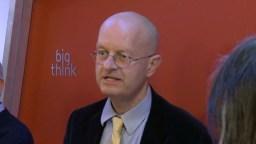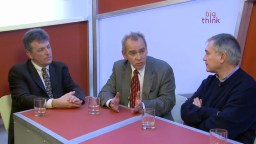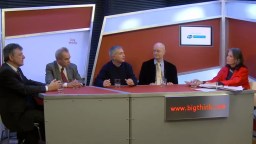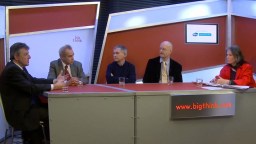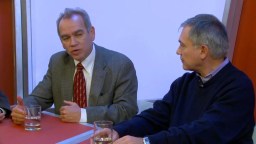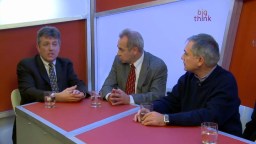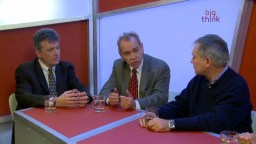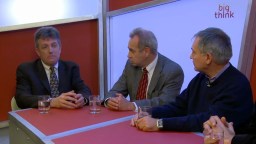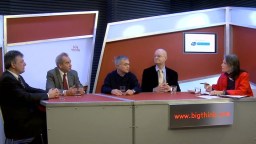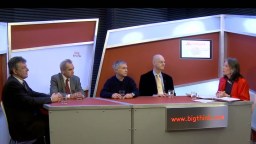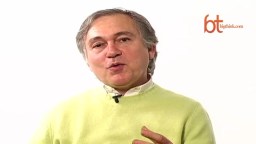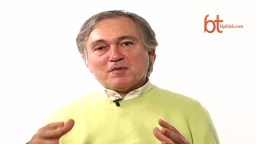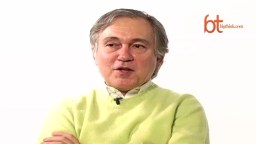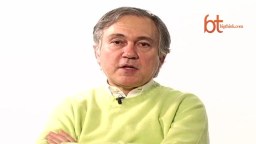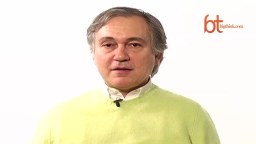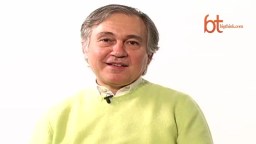Ottavio Arancio
Professor, Taub Institute for Research in Alzheimer's Disease and the Aging Brain, Columbia University
Ottavio Arancio is Associate Professor of Pathology & Cell Biology at the Columbia University Medical Center. He received his Ph.D and M.D. from the University of Pisa in Italy. Dr. Arancio has held Faculty appointments at Columbia University, NYU School of Medicine, and at SUNY HSCB. In 2004 he became Faculty member of the Department of Pathology and Taub Institute for Research on Alzheimer’s Disease and the Aging Brain at Columbia University. His honors include the G. Moruzzi Fellowship (Georgetown University), the Anna Villa Rusconi Foundation Prize (Italy), and the INSERM Poste vert Fellowship (France).
Dr Arancio is a cellular neurobiologist who has contributed to the characterization of the mechanisms of learning in both normal conditions and during neurodegenerative diseases. During the past decade he has pioneered the field of mechanisms of synaptic dysfunction in Alzheimer’s disease. Dr. Arancio’s laboratory has focused primarily on events triggered by amyloid protein. These studies, which have suggested new links between synaptic dysfunction and amyloid protein, are of a general relevance to the field of Alzheimer’s disease both for understanding the etiopathogenesis of the disease and for developing therapies aiming to improve the cognitive symptoms.
Dr Arancio is a cellular neurobiologist who has contributed to the characterization of the mechanisms of learning in both normal conditions and during neurodegenerative diseases. During the past decade he has pioneered the field of mechanisms of synaptic dysfunction in Alzheimer’s disease. Dr. Arancio’s laboratory has focused primarily on events triggered by amyloid protein. These studies, which have suggested new links between synaptic dysfunction and amyloid protein, are of a general relevance to the field of Alzheimer’s disease both for understanding the etiopathogenesis of the disease and for developing therapies aiming to improve the cognitive symptoms.
Genetic testing is advancing rapidly, and we can now find out our risk factor for developing Alzheimer’s. But without a cure or treatment available, what’s the point?
▸
3 min
—
with
Studies have shown that you can boost brainpower and brain resilience with vitamins and exercise, and by not smoking. But lifestyle choices alone can’t prevent Alzheimer’s?
▸
7 min
—
with
Alzheimer’s starts in one area and spreads all over the brain, like an infection. Does this mean that it’s possible to develop a vaccine?
▸
6 min
—
with
Genes such as ApoE4 may signal a risk factor for Alzheimer’s. But how do we separate risk factor from an unalterable sentence for the disease?
▸
8 min
—
with
Amyloid plaques and neurofibrillary tangles inside the brain are the best explanation we have for how Alzheimer’s develops.
▸
5 min
—
with
Mental decline, on some level, is inseparable from aging. With more people living longer, does this mean everyone will eventually get Alzheimer’s?
▸
6 min
—
with
One of the most robust environmental risk factors identified for Alzheimer’s disease is traumatic brain injury. This is having repercussions for those returning from fighting in Iraq and Afghanistan.
▸
4 min
—
with
Amyloid buildup in the brain is a key trigger in Alzheimer’s disease, but some people with this plaque live their entire lives without developing the disease.
▸
7 min
—
with
Are women and African-Americans at a higher risk for Alzheimer’s—as some data suggests—or are there other factors in play?
▸
3 min
—
with
For much of the past 100 years, little was known about Alzheimer’s disease and dementia. But recent research is revealing the neurotransmitter and genetic defects behind the disease.
▸
5 min
—
with
Our minds don’t capture and record reality, but rather blend experience with fantasy—a process that often results in convincing, yet completely false, memories.
▸
4 min
—
with
Remaining mentally active and engaged is critical to retaining information as we age.
▸
5 min
—
with
The neuroscientist explains how our mind produces memories and why they actually alter our DNA.
▸
5 min
—
with
Less than 5% of Alzheimer’s Disease cases are genetically transmitted. The disease is a consequence of aging, and doesn’t target specific demographics.
▸
5 min
—
with
Simply paying attention can do a lot to improve recollection, but scientists are also working on a wide variety of memory-boosting drugs.
▸
4 min
—
with
A protein that scientists once thought was a “piece of garbage in the brain” turns out to play a key role in memory formation. At high concentrations, however, it spells […]
▸
6 min
—
with
A conversation with the professor at the Taub Institute for Research in Alzheimer’s Disease and the Aging Brain at Columbia University.
▸
27 min
—
with
